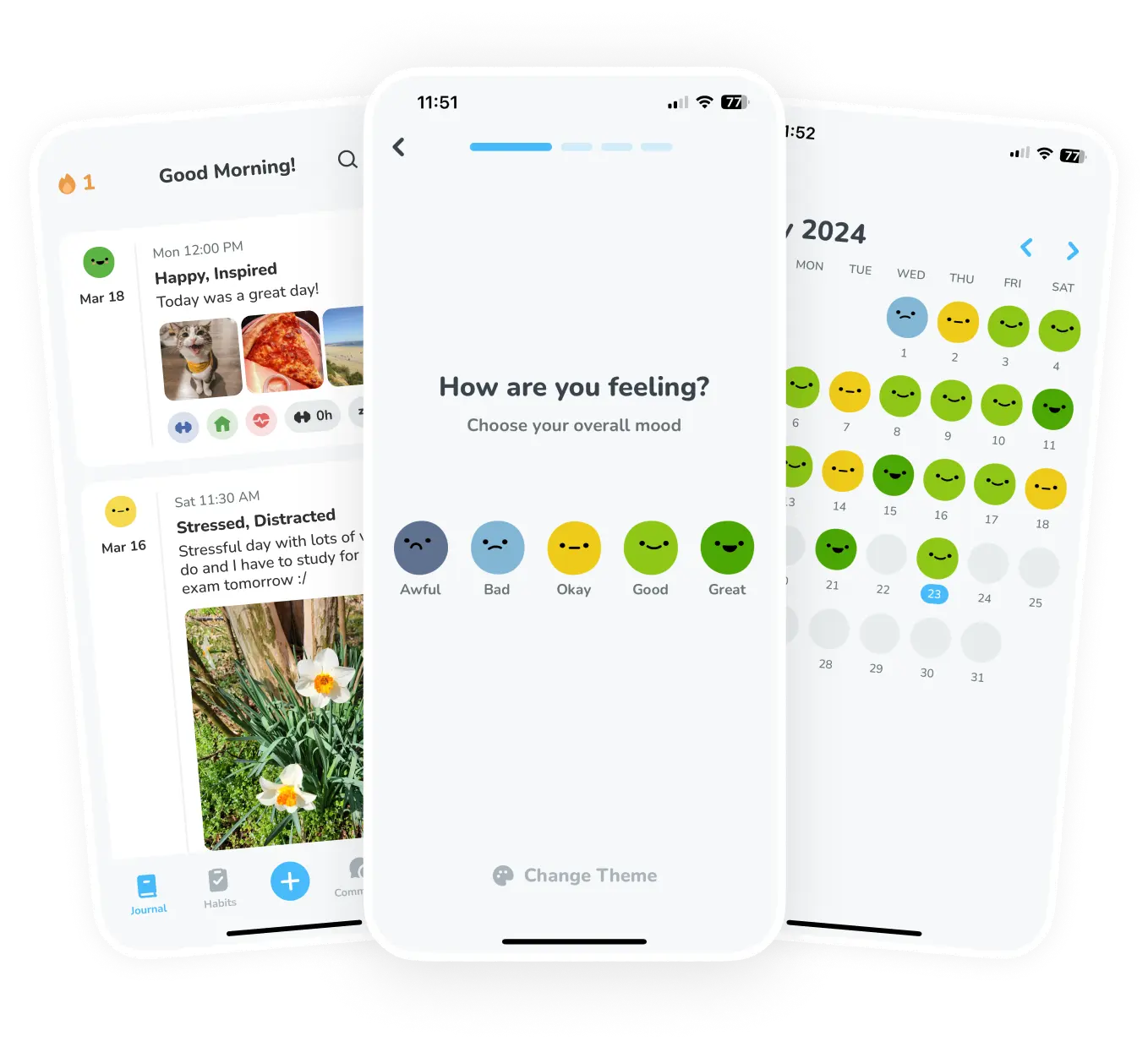In today’s world, social media is a part of our everyday lives. But what’s the force behind your TikTok FYP or Instagram feed? Social media algorithms curate content specifically tailored to our interests to keep us entertained and engaged for longer periods of time. These algorithms have the power to shape what we see and how we feel. The constant flood of these curated posts can affect our self-esteem, create social media addiction, and restrict our ability to see different perspectives.
What are Social Media Algorithms
Simply put, social media algorithms are a set of rules that determine what users see on their feed. These algorithms analyze your online behaviors like what you like, share, view, or comment on and use that data to predict what you’ll find most engaging. The goal of these algorithms is to keep you on the platform for as long as possible. Each platform has its own unique algorithm but they all share the same purpose of keeping you engaged for as long as possible. For example, TikTok’s “For You Page” or “FYP” only showcases videos it predicts you’ll enjoy based on your previous activity. While algorithms can make our online experience more personalized, they don't just cater to our interests- they also amplify them. This can lead to a feedback loop, where the content you engage in leads to more similar content being shown, narrowing your exposure to diverse perspectives. Understanding how these algorithms work is the first step to recognizing their influence.
Impacts of Algorithms
While social media algorithms aim to keep users entertained, their effects go far beyond just entertainment. By shaping what we see and how often we see it, these algorithms can have profound effects on our mental well-being. First of all, algorithms prioritize content that receives the most engagement- which are often posts that showcase idealized versions of life. This constant stream of “highlight reels” can lead to unfair comparisons, leaving us feeling disappointed in our own lives. Seeing other peoples’ vacations, nice things, or accomplishments create a false perception that everyone else is happier and more successful than us which simply isn’t true in reality. In addition to that, algorithms tend to show us content that aligns with our interests and beliefs. While this can feel comforting, it can also trap us in an echo chamber where we aren’t exposed to opposing perspectives. This narrowing of viewpoints can reinforce our biases, contribute to polarization, and keep us away from valuable different perspectives. Lastly, algorithms have become extremely effective at keeping us addicted. By serving up an endless stream of content tailored specifically to us, they encourage compulsive scrolling. As discussed in a previous post, excessive screen time and the overuse of social media can have profound negative impacts on our physical and mental health.
What We Can Do to Mitigate the Negative Effects
While social media algorithms are powerful, they don’t have to have power over us. By taking intentional steps, we can reduce their negative impacts and reclaim a healthier relationship with social media. Most importantly, set boundaries. Use time limits on yourself to limit your social media use and designate tech-free zones in your home. For example, keep bedrooms or mealtimes tech-free to create balance and allow yourself predictable breaks from social media. You can also try to take curating your feed into your own hands. Follow positive content by seeking out accounts that inspire you and make you feel good. Unfollow accounts which promote unrealistic standards or evoke negative emotions. Also make sure you’re engaging responsibly by only liking, commenting, and sharing what you truly want to see more of. After using social media, practice mindfulness by reflecting on your feelings. Pay attention to how social media makes you feel and if you find yourself feeling anxious or unhappy, take a break! Make good use of your social media breaks by pursuing a new hobby, exercising, or spending time with friends and family to ensure you’re not relying solely on social media for entertainment.
The Role of Social Media Companies
At their root, large social media corporations are profit-driven enterprises with their primary goal being to maximize revenue. At the heart of their business model lies the algorithm which is their tool to ensure you’re on their app for as long as possible-making them more money. Engagement equals revenue since the longer users stay on the platform, the more ads and other monetized content they see. This profit-first model can have detrimental effects on the mental health of users. These huge social media corporations are slowly adopting corporate accountability models which encourage ethical profit-models, long-term trust over short-term gains, and transparency. However, it’s important not to rely on them to protect your mental wellbeing and to know to have power over algorithms to create the most positive social media experience you can for yourself.
While social media algorithms wield the tremendous power to shape what we see and how often we see it, we are not powerless. We can mitigate their unintended consequences by setting our boundaries, curating our feeds to be more positive, and practicing mindfulness. In the end, balancing the benefits of social media with the risks is a collaborative effort between users, companies, and content creators. Together, we can foster a digital environment where algorithms enhance our lives without compromising our mental health.
To find out more about the harmful effects of social media on mental health, refer to:
https://hai.stanford.edu/news/psychiatrists-perspective-social-media-algorithms-and-mental-health
https://www.brainzmagazine.com/post/unveiling-the-dark-side-of-social-media-algorithms-harmful-effects-on-mental-health


